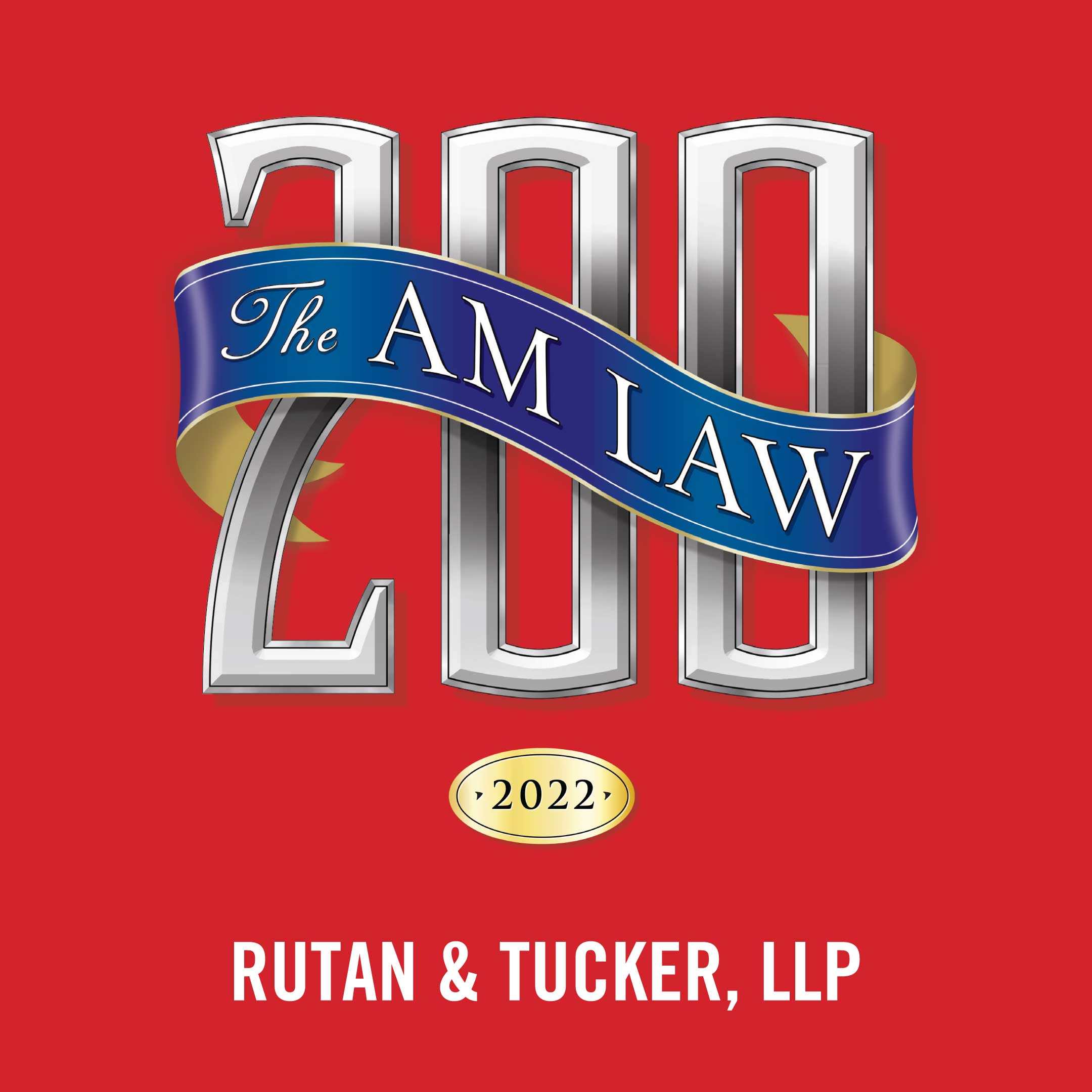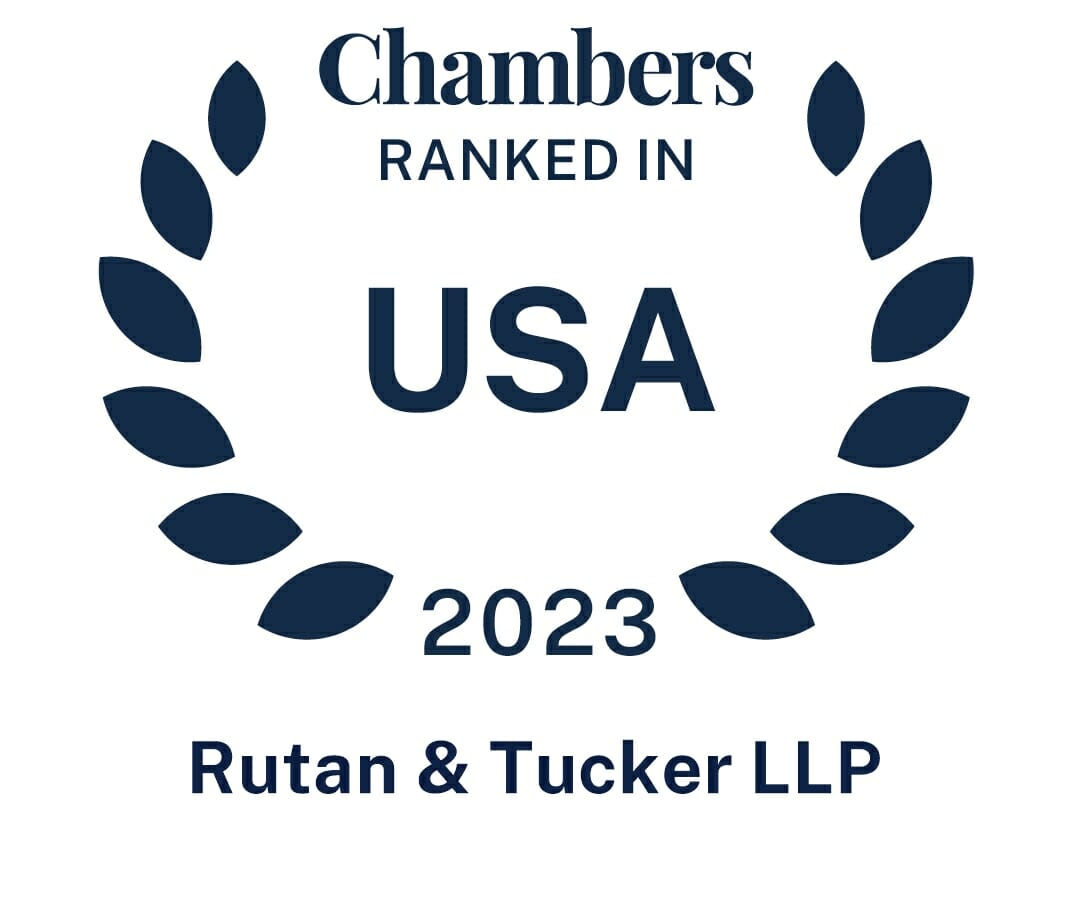Law360
The U.S. Supreme Court dashed the hopes of smaller pharmaceutical and biotech companies with its recent ruling that businesses can’t sell unpatented inventions to other companies without risking losing their future patent rights, possibly cutting off years of market exclusivity. While the court’s Jan. 22 ruling in Helsinn v. Teva will apply to all drug companies, startups and other small businesses are likely to feel it more acutely, given that they don’t have a wealth of in-house services at their disposal. Experts say that as long as these companies are diligent, the ruling shouldn’t throw a wrench into their business.
Rutan & Tucker LLP associate Kyle St. James told Law360 that once you confirm the transaction isn’t a commercial sale, make sure your contract reflects that. He suggested it may help to have wording that makes it so a sale or purchase is precluded as part of the agreement and look at investors or accelerators to bring some work in-house — you may have to split the company’s eventual profit, but it’s cash up front.
If a partnership would put you in risky territory but you need a service, it may be time to find more cash so you can do it yourself. Rutan & Tucker partner Bill Schaal added that this could be a twofold benefit in cases where the investor provides services in addition to money.



